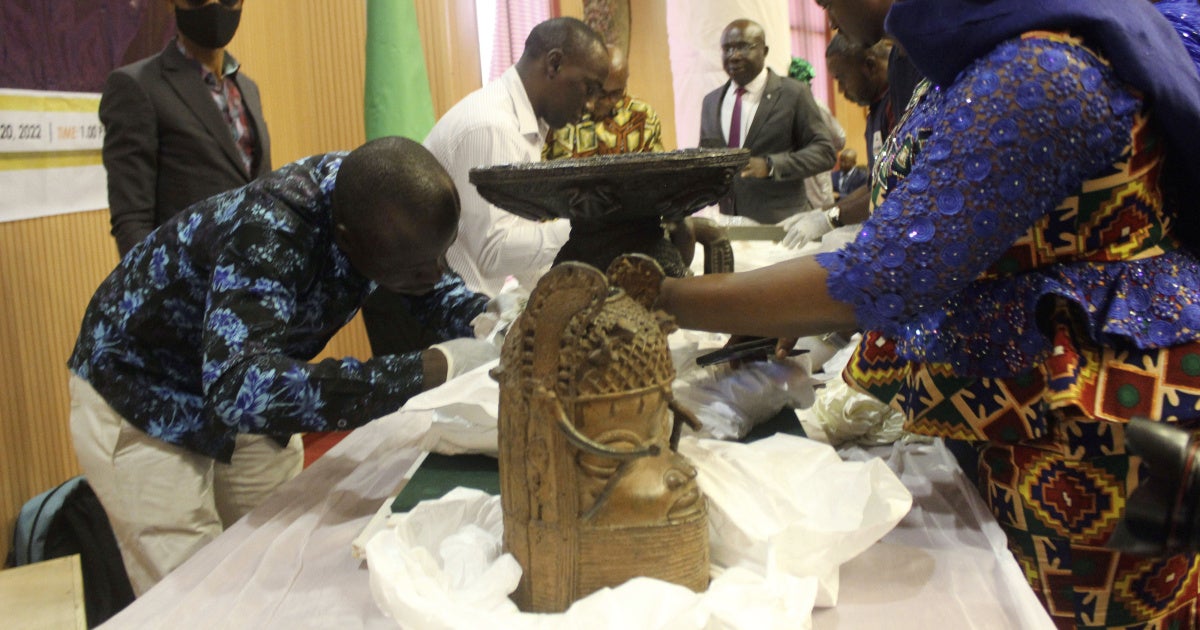Last week, German federal, state, and local authorities adopted Common Guidelines on the handling of cultural assets and human remains from colonial contexts. Despite the welcome efforts to regulate the returns cultural belongings and ancestral remains from colonial contexts, the guidelines appear to go out of the way to distance such returns from international human rights standards on colonial reparation.
Germany, like other European governments, has generally considered such returns as voluntary gestures of goodwill, and “interstate (political) affairs,” rather than part of a duty to repair historic and ongoing colonial harm affecting communities. Affected communities are included in processes set out in the new guidelines, but their role is minimized by the requirement of the consent of the country of origin for any returns, and a necessary determination that cultural assets were “illegally” or “unethically” acquired. Many Indigenous peoples or minorities affected by colonial injustices are marginalized by their own governments, leaving them effectively unrepresented.
Human Rights Watch recently recommended that the UN Committee on Economic, Social and Cultural Rights scrutinize Germany’s compliance with its obligation to protect the right of everyone to take part in cultural life, which includes access to colonial-era cultural belongings and ancestral remains. Protecting cultural heritage and identity is particularly important for Indigenous peoples. The 2007 United Nations Declaration on the Rights of Indigenous Peoples specifically addresses this.
In 2023, the UN Committee on the Elimination of Racial Discrimination recommended that Germany adopt a comprehensive rights-based approach to “restitution of colonial objects and cultural artifacts, in particular the restitution of the human remains of ancestors,” with meaningful participation for affected communities.
During consultations, Human Rights Watch and civil society partners called on German authorities to ground returns in international human rights standards. Yet these new guidelines explicitly negate the applicability of international law, describing the basis for returns as an “ethical and moral” obligation rather than a legal one.
Returns of colonial belongings and ancestral remains should be acknowledged for what they are: a form of reparation based on legal obligations. Returns should therefore be rights-based to ensure the restoration of communities’ dignity and to heal intergenerational trauma.
At a time of global and regional momentum of calls for reparatory justice to address lasting impacts of colonial atrocities, the guidelines in their current form are a missed opportunity. The German government should look at them again with rights and justice in mind.



